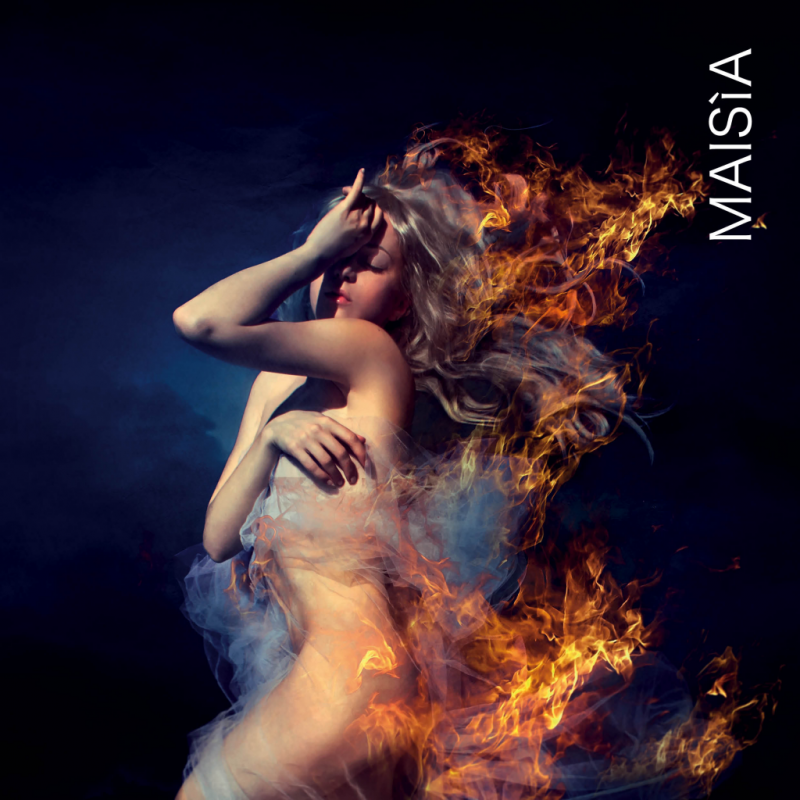Some time ago I read the shocking news of a woman killed by ISIS because she was accused of being a witch.
The fact shocked me: I found it hard to believe that such situations could still exist.
Immediately I was reminded of the many episodes of women in the past who were burned at the stake with the infamous and unfounded accusation of witchcraft. Women who were often girls, whose only fault to be atoned for was beauty or wisdom. Sometimes a simple feature, such as a mole on parts of the body considered sinful, was enough to trigger accusations. At other times it was the simple envy of people for an unusual attractiveness that drew the attention of the Holy Inquisition. The persecution, torture and humiliation, which ended in the most tragic of ways, that these innocent women endured are unspeakable, as unspeakable is the horror of these events.
Some cases of witchcraft are documented in Italy as far back as the 18th century and tell of chilling episodes.
This led to my reflections on the accusations that women are still forced to suffer today. A charming or particularly intelligent woman is often still the victim of prejudice, even in our ‘civilised’ western societies. The stake, I told myself, is not only the physical one, but also that of ignorance, of the obscurantism of those who perpetuate an absolutely anachronistic way of thinking. Out of this indignation and the desire to somehow, in my own small way, do justice to the memory of all women burnt at the stake of preconceptions and obtuseness, the story of Maisìa was born. A strong-willed and indomitable, sensual and reckless woman who, out of extreme consistency with her principles, allows herself to be sentenced to death, aware of her innocence. Maisìa becomes the symbol of these women whom I wanted to remember and honour with extreme respect, through an unusual fragrance, as unusual is the personality of these daring female figures, who carry their choice of being to the extreme sacrifice.
The choice to be Women.

